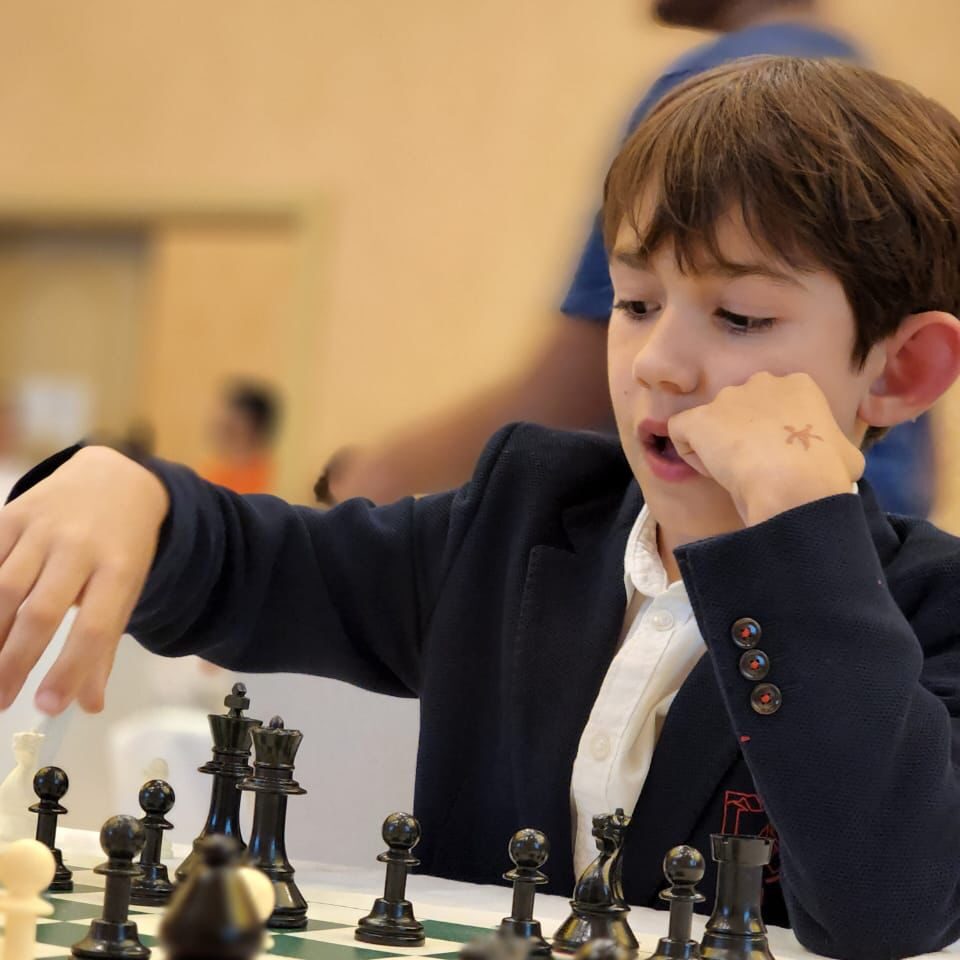Chess is more than just a game; it’s an intellectual activity that equips kids with valuable skills that go far beyond the chessboard. Chess makes decisions easier by fostering critical thinking, strategic planning, and sound decision-making. These skills are crucial not only in the game but also translate to real-life situations.
Developing Critical Thinkers Through Chess Makes Decisions
Critical thinking involves analyzing information, evaluating options, and synthesizing them to make informed choices. In chess, players are constantly making decisions by evaluating their opponent’s moves, considering potential consequences of their own actions, and adjusting strategies accordingly. This process hones critical thinking skills that are essential for real-life decision-making.
Chess Makes Decisions Through Strategic Planning for Real-Life Success
Chess is inherently strategic. Players must think several moves ahead, making decisions based on the strengths and weaknesses of their own pieces and those of their opponent. This strategic planning is a cornerstone of making good decisions in real life. Whether it’s choosing a career path, making a financial investment, or planning a project, strategic thinking is key to success.
Chess Makes Decisions Easy – Analyzing Before You Act
Every move in chess counts. Players must weigh the risks and benefits of each option, ultimately making a decision based on the best possible outcome. Chess makes decisions second nature by teaching children to analyze information carefully, consider potential consequences, and weigh the options before acting. These skills are directly applicable to real-life situations.
Building Perseverance Through Chess
Chess requires patience and perseverance. Players need to think through challenging situations, consider various options, and persist even when facing potential defeat. This kind of perseverance is invaluable in real life. When faced with challenges, children who play chess are more likely to persevere and find solutions, making better decisions under pressure.
Sportsmanship – A Valuable Life Lesson
Chess is a game of sportsmanship. Players must show respect to their opponents, learn from losses with grace, and use mistakes as stepping stones for improvement. These values are essential in life as well. Children who play chess learn to be gracious in defeat, embrace learning from mistakes, and respect their opponents. All of these qualities contribute to making well-rounded decisions in life.
Conclusion
Chess is a fantastic activity for kids. It helps them develop critical thinking, strategic planning, sound decision-making, perseverance, and sportsmanship. These skills are essential for real-life decision-making and lay the foundation for success in all aspects of life. So, if you’re looking for a fun and educational activity that empowers your child, consider introducing them to the world of chess!
Follow us on Instagram and also check out our Blog for more Chess Success Stories


Leave a Reply